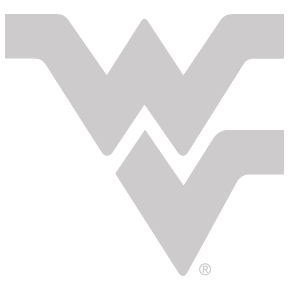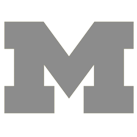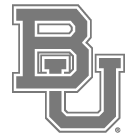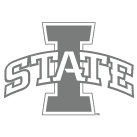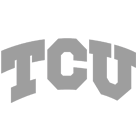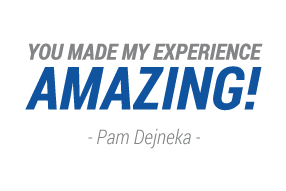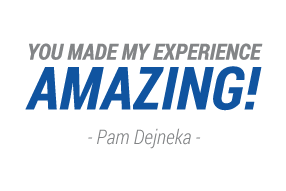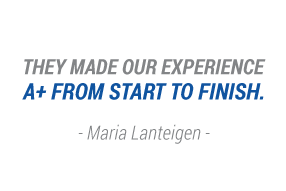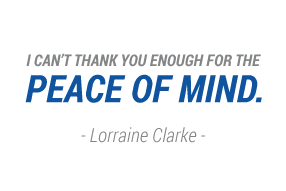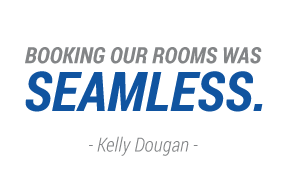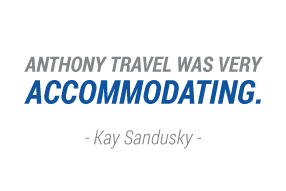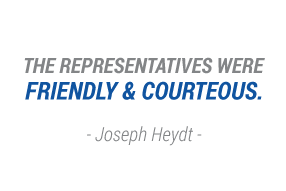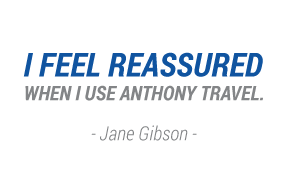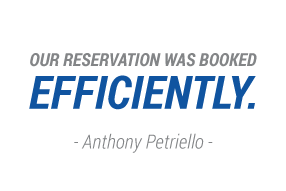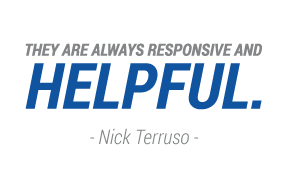The Emerald Isle Classic
Notre Dame’s Fighting Irish and Navy’s Midshipmen are taking their game to Ireland for the second time in their 85-game history. Make your prediction now.
By: Carlton Stowers, American Way Magazine
For one to better understand why college football teams would travel almost 4,000 miles to play a game where the sport is about as foreign as moon rocks, a brief history lesson is in order. Long before they were nicknamed the Fighting Irish, back when firebrand coach Knute Rockne had his Notre Dame team wandering coast to coast in search of new Saturday-afternoon conquests, they were alternately called, for good reason, the Rovers or the Ramblers. No distance was too far if the trip held promise of another victorious notch on the win-loss record.
Then, there is the matter of how the proud Catholic university ultimately adopted the Fighting Irish moniker. The legends are numerous, but the favored story goes something like this: Notre Dame was in an epic struggle with Michigan when, during halftime, the players were chastised by their coach for their lackluster performance. “What’s the matter with you guys? You’re all Irish and you’re not fighting,” he said. In time, New York Daily News sports columnist Francis Wallace began referring to the Notre Dame team as the Fighting Irish, and in 1927 the nickname became official.
Coincidentally, it was that same year that the longest uninterrupted sectional series in college football began. And, despite Notre Dame’s dominance — it has won 72 times and lost only 12 games to the Navy Midshipmen, with one tie on the record — the annual battle, with its pageantry and colorful history, along with the widespread fan base of both teams, steadfastly remains one of the featured dates on the fall sports calendar. Notre Dame backers proudly point to the fact that at one time in the series, the Irish won 43 games straight against Navy. The hope-springs-eternal followers of the Midshipmen, on the other hand, still relish the memory of that day in 1963 when legendary quarterback Roger Staubach directed a 35–14 victory over the Irish. Win-loss records aside, though, the game is viewed as a time-honored tradition on the collegiate sports landscape.
All of which helps explain why Notre Dame and the Navy Midshipmen will launch their 2012 football season with a Sept. 1 game in Dublin, Ireland’s new Aviva Stadium, displaying the battling spirit that immigrant ancestors long ago brought to America. In truth, Dubliners know little of American football — their sports taste is more focused on hurling, rugby and something called Gaelic football (a hybrid of rugby and soccer) — but clearly they’re interested enough that a sellout crowd of 50,000 was assured five months before the unique event’s kickoff.
It will, in fact, be a two-day celebration of America’s favorite sport. In addition to the 86th meeting between Navy and the Irish, there will also be a course on the sport delivered beforehand, and on Friday night, the Global Ireland Football Tournament 2012 (aka GIFT 2012), organized by former Notre Dame quarterback Patrick Steenberge’s Global Football, will feature games between seven U.S. high schools, two Canadian ones, and a United Kingdom all-star team played in various Dublin-area stadiums. Division III colleges St. Norbert College, located in De Pere, Wis., and John Carroll University, located just outside of Cleveland, will also launch their seasons with a GIFT game that night.
Then, at 9 a.m. (EDT) on Saturday, CBS will telecast the showcase game, billed as theEmerald Isle Classic, to early risers in the U.S. There will be pep rallies, marching bands, drill teams, academic conferences and a public Mass that morning. Three American Airlines charters will carry 1,000 Navy Midshipmen to Ireland for their traditional pregame march into the stadium. And, for the visiting fans, there will be sightseeing, golf, local cuisine and Celtic music.
John Anthony, whose Anthony Travel (headquartered in South Bend, Ind., and Dallas) caters to the traveling needs of 40-plus colleges and universities in the U.S., is offering tour packages for alumni and fans and says, “The whole thing has far exceeded everyone’s expectations. Five months before the game, all 35,000 tickets sent to the United States had been purchased, and hotels in Dublin are booked solid.” And, he notes, it is not just the Notre Dame–Navy game that has caught the attention of trans-Atlantic travelers. In the Dallas office of the company, 400 tours have been purchased by fans ofJesuit College Preparatory School of Dallas, which is scheduled to play Chicago’s Loyola Academy in one of the prep-school games.
Traditionally, the two spotlight teams have traveled to various venues when Navy is the designated home team, as is the case this season. Since the Academy’s home field seats only 34,000, it has “hosted” Notre Dame in NFL stadiums in Landover, Md.; East Rutherford, N.J.; Chicago; New Orleans and Philadelphia in recent years.
This Dublin event has been three years in the making. Naval Academy Athletic Association associate athletic director Robb Dunn has made more than a half dozen visits to the game site, overseeing details that range from lodging and practice arrangements to media accommodations. “There have been a million little details to attend to,” he says. “For instance, the electrical system there is different from ours, so we had to be sure proper conversions were made so the CBS broadcast could go off without problems.”
And, of course, the locals have played their part. When, for instance, plans were OK’d for the $500 million Aviva Stadium (which serves as the home venue for the Irish Rugby Football Union) back in 2007, among its features were anchoring stations for football goalposts, which were added to the blueprints in anticipation of the Americans’ visit.
Enthusiasm for the unique traditions of the American fans has caught on, too, says Dublin’s Kevin Moore, head of sports marketing for Fleishman-Hillard International Communications. “One of the things the local media brought back from its visits to the U.S. was the concept of the tailgate party before games. That was new to Irish fans, who are traditionally late arrivals for sporting events, remaining in the pubs until shortly before a game gets under way. This time, they’ll be attending a huge tailgate party that will get under way at 10 a.m. on the day of the Notre Dame–Navy game.”
For all the attending hoopla, both teams will attempt to view the affair as just another — albeit longer — road trip. The Navy and Notre Dame squads will leave for Dublin following their Wednesday-afternoon workouts, arriving in Ireland on Thursday morning. There will be two days of practice, then game day. “We’ll try to get in a little nonfootball activity,” Dunn says, “but the primary objective is to win the game.”
This will mark the second visit to Dublin for Navy and Notre Dame following a 1996 game played in old Croke Park stadium. The maiden trip was the brainchild of Tom Kane, a lifelong Notre Dame fan and ex-Marine with Navy ties. “He was enamored with the Irish connection, as well as the cultural exchange that such a game would promote,” recalls John Heisler, a historian and senior associate athletic director at Notre Dame. “That game [won by Notre Dame, 54-27] drew 38,651 fans — and, truthfully, the locals had very little idea what American football was all about.”
Now, 16 years later, with professional football having become international, there is a greater understanding of the game. And the Irish media have worked to educate local readers and viewers. For the past couple of years, a delegation of Dublin reporters has come to the U.S. to attend the Notre Dame–Navy game.
“I think the fan appreciation will be far greater this time,” says Scott Strasemeier, the Naval Academy’s associate athletic director of sports information. “I remember getting into a cab when we were over there in ’96, and the driver, upon learning why I was in Dublin, wanted to know if the winner of our game would go on to play in the Super Bowl.

